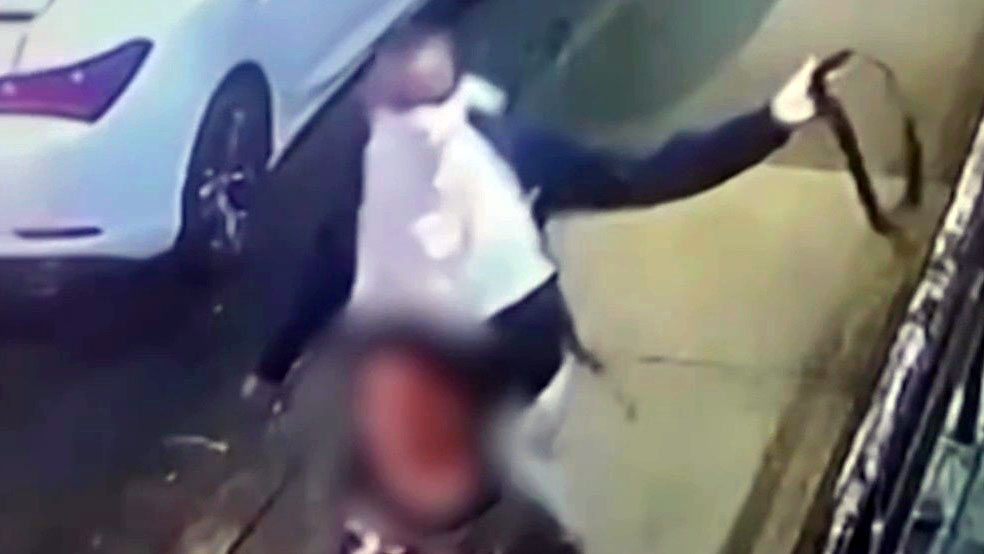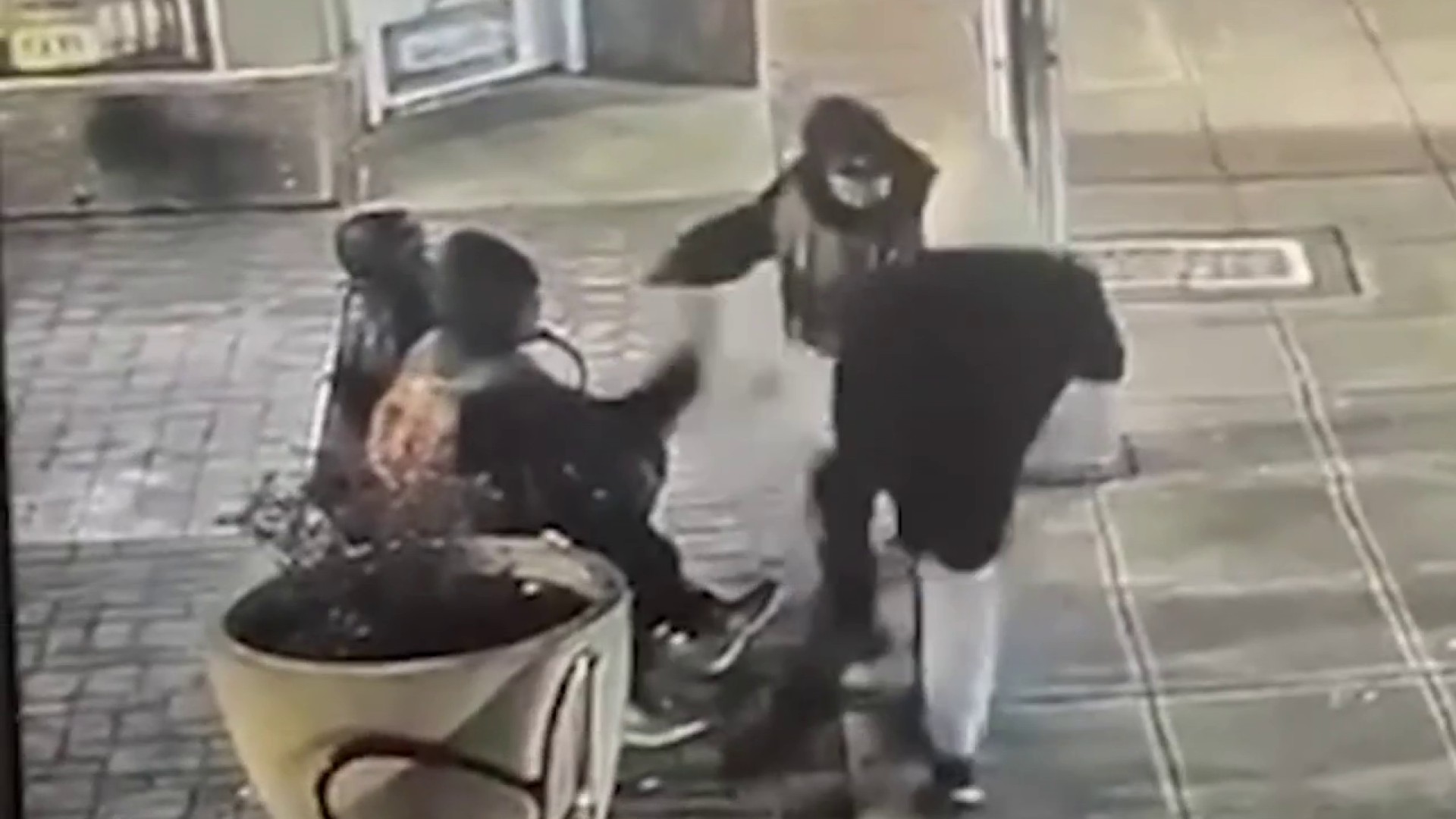A popular Mexican TV host did it, as did a politician from the Dominican Republic: Both posted on social media about traveling to U.S. to get the COVID-19, even though they aren’t U.S. citizens or residents.
Both are now facing public backlash, but that’s not stopping other foreign nationals from arriving on American shores to get their shot. And given how demand for the vaccine in the country has seemed to level off a bit in recent weeks, with appointments easier to get and plenty of supply, some said they didn't see a problem with others coming in to get vaccinated.
"I’m comfortable with it if they’re willing to fly and pay the fee," said Dan Nemec, of Stratford, Connecticut. "I don’t think anyone in Connecticut is being shortchanged."
But some experts believe there are significant problems with it. Dr. Robert Amler, the Dean of the School of Health Sciences and Practice at New York Medical College and a former medical epidemiologist with the Centers for Disease Control, said he's concerned about others traveling in because of the risk it presents.
Get Tri-state area news and weather forecasts to your inbox. Sign up for NBC New York newsletters.
"Would you want to deny that person the chance to get the vaccine? Of course not, but you also need to think about the big picture," Dr. Amler said. "You have to remember, some of these countries have still very high rates of COVID infection. People coming here may not have any symptoms at all, be perfectly fine, but they may be carrying a variant of the virus from their home country."
So what are the rules for getting a vaccine — do you have to prove you’re a resident in order to get the vaccine? The CDC said it's up to each state to set rules.
Some states, including Texas, don't strictly enforce residency requirements. New York, New Jersey and Connecticut require those seeking a vaccine to prove their residency in those states, or prove that they work or study there.
News
Dr. Amler said if there is enough supply, he supports helping under-resourced countries. But he also emphasized it’s important to get everyone in the U.S. who’s eligible vaccinated, as soon as possible.
"In my opinion, as a public health physician, every time you add additional restrictions or caveats before people can get their jab, you’re making it harder for people to get that jab," he said. "And in a practical sense, the fewer restrictions possible the better, as long as the supply lasts."
The United Kingdom is trying to do its part, encouraging its residents to use mass vaccination sites like the ones set up in the U.S., as well as their local health centers and pharmacies to get their shots. The U.K.'s goal is to have most of its adult population vaccinated by the end of July.



